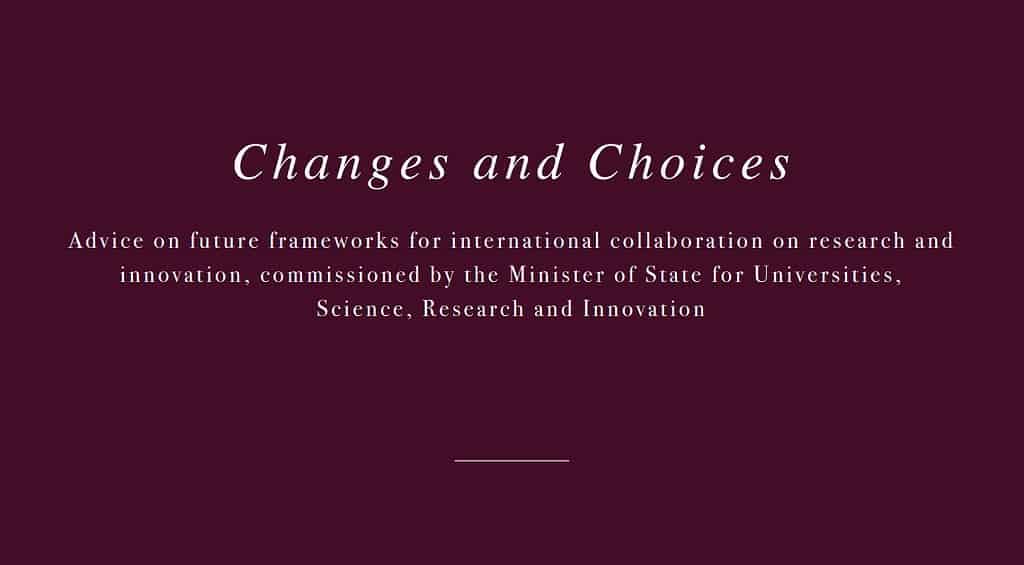Nida Broughton, Chief Economist for the Social Market Foundation, on the SMF’s new report, examining the impact of the EU referendum on UK employers.
The EU and the UK’s dependence on European workers
31 May 2016
In June, the UK will vote whether to remain part of, or leave the EU. A decision to leave could have a major effect on the UK’s labour market, with significant consequences for employers, particularly in terms of the workers they are able to recruit. To explore these issues, the Social Market Foundation, in partnership with Adecco Group, held a panel event on the topic and published a report, Working together? The impact of the EU referendum on UK employers.
Citizens from European Economic Area (EEA) countries benefit from free movement, which means that they can live and work in other EEA countries. Around 6% of employees in the UK are from the EEA. Sectors that are particularly dependent on workers from the EEA include manufacturing, where over 10% of employees are from the EEA. What’s more, workers from the EEA are more likely to have degree-level education than workers born in the UK.
Discussion at the panel event focused on the potential outcomes for employers in the event of a vote to leave the EU. The Leave Campaign has argued that the UK needs greater control over its borders, thereby ruling out the option of remaining part of the EEA. Depending on exactly what type of agreement the UK negotiated, there are two potential ways in which the UK labour market could change. Firstly, employment regulation that originates in the EU could be removed. Such regulations cover issues including working hours and holiday entitlement. However, successive UK Governments have frequently gone beyond the minimum EU employment law requirements, making it unlikely that very much legislation would, in fact, be repealed.
Secondly, and more importantly, the UK may no longer need to abide by free movement regulations, and would be in a position to design its own immigration policy for EEA workers. The effect on employers and their ability to fill skills shortages could be significant. Social Market Foundation analysis finds that 88% of employees from the EEA would not fulfil the visa requirements currently applied to non-EEA workers. Almost all EEA employees in manufacturing would not qualify. Sectors such as information and communications, and professional, scientific and technical would fare better, as more of their employees are in graduate jobs, paying higher salaries. But even there, a majority would not qualify.
The status of these EEA workers currently in the UK would need to be agreed as part of any future negotiation process between the UK and EU. It is generally accepted that there is a presumption in international law that terminating a treaty does not retrospectively alter the rights acquired during the period that the treaty was live, suggesting that such workers would most likely be able to continue to work in the UK. But the scale of some sectors’ dependence on EEA workers raises questions about how they could continue to recruit the workers they need in the event of a vote to leave.
Of course, the UK could completely revise its immigration policy. At the panel discussion, it was suggested that if the UK had more control over EEA migration, it could relax its current immigration policy for skilled workers. This would be positive for many sectors experiencing skills shortages, including the science and engineering sector.
But this may not be politically viable. The Government continues to have a target to reduce net migration to the “tens of thousands”, a target that is missed on current levels of non-EEA migration alone. This means it is far from certain how any future immigration policy might operate, and there could easily be substantial pressure to make it more restrictive than it is now – a situation that may be difficult for employers in many sectors to adapt to.
The author is on the Board of Directors for the Campaign for Science and Engineering.
Related articles

The Physiological Society’s policy team on the health challenges facing older workers and the urgent need to develop a strategy to ensure older people are happy and healthy at work.

Jo Reynolds, Director of Science and Communities at the Royal Society of Chemistry, on the RSC’s new summary report looking to unlock the potential of deep tech SMEs.

Lisa Morrison Coulthard, Research Director at the National Foundation for Education Research, on the Nuffield Foundation funded five year research programme providing insights into the essential employment skills needed for the future workforce

Sir Adrian Smith, Institute Director and Chief Executive of The Alan Turing Institute, and Graeme Reid, Professor of Science and Research Policy at UCL, set out the findings from their new independent report on international partnership opportunities for UK research and innovation